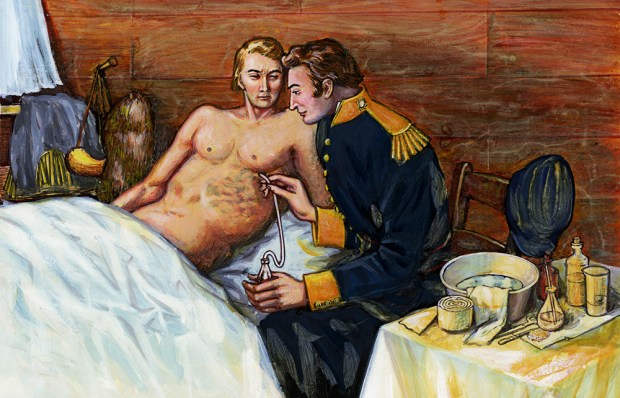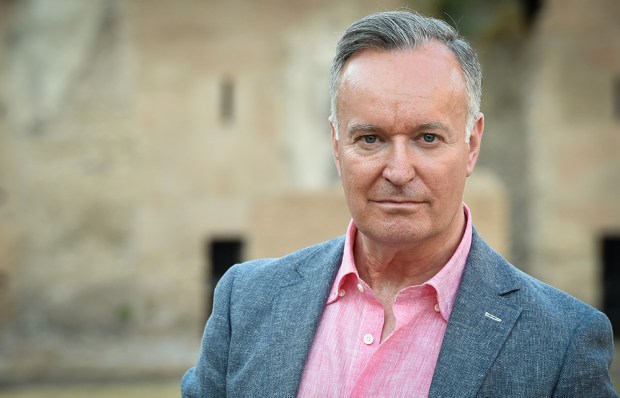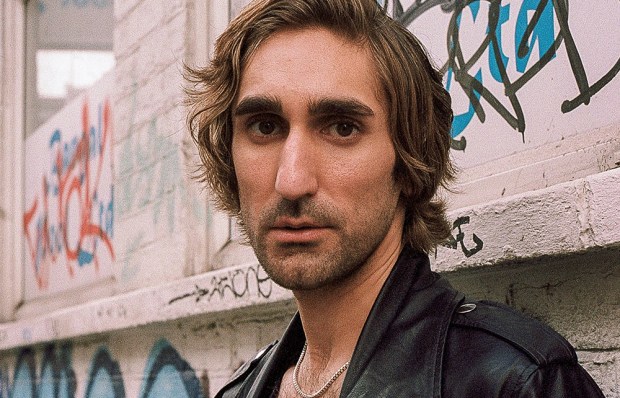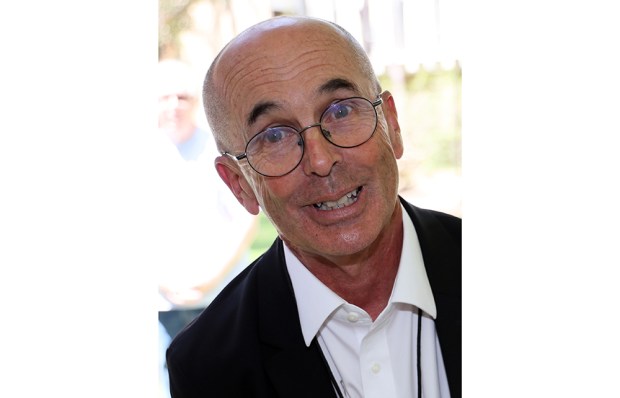In an email from Claire Keegan’s Fiction Clinic, I learned that she’d be delivering three seminars in Wexford on ‘How Fiction Works’, while down the road, at the Write by the Sea Festival, Faber would be launching her new hardback. I was excited. I’m a Keegan fan. I even considered going to Wexford.
So I was a little miffed when the hardback turned out to be a large-print 47-page story. Faber has been publishing short stories in small pleasing paperbacks, modestly priced (£3.50) for years. It did Keegan’s The Forester’s Daughter in this way. Usually the stories are not new but reprints from larger collections. Well, maybe new equals hardback equals £8.99. Phooey! Also disconcerting is that the first publication of this story, written in English, was as a French translation. (Misogynie, Sabine Wespieser, 2022.) The New Yorker published it in the same year. How fiction works.
Well, c’est la vie, how good is it? Quietly brilliant. Keegan’s method is often to take a big issue (child neglect, abuse, betrayal, the nature of love) and then put a small, homely example under the microscope. Her last award-winning novella, Small Things Like These, tells the story of a coalman discovering, through one single woman, the abuse going on in a Catholic mother-and-baby home.
In So Late in the Day Keegan puts misogyny under her literary microscope by focusing on a single relationship – that between an Irishman, Cathal, and his French girlfriend, Sabine. The story covers the Friday before what should have been Cathal’s wedding day and looks back over the year when he and Sabine meet and their life together when she moves in.
Keegan’s prose is translucently plain and simple. She works on a reader almost subliminally. The case against Cathal is relentless. We meet him writing reject letters; note how he barely speaks to women he encounters; how his proposal to Sabine is framed in saving her rent; how he’s angry at the extra charge for having her engagement ring resized; how he resents all her belongings when she moves in; how he never thanks her. Cathal’s a man who can’t even look after a cat. He seems to have inherited misogyny, and now it’s set like cement in his soul.
But then somehow, quiet as a bass continuum, we’re given his inner life. The hills he’s never climbed, the bus he doubts will come, the ‘long shadow of his father’s language’, the TV programme (of Princess Diana’s wedding vows) which, like his own prospects, he can’t rewind. There are moments when regret or self-awareness might crack his carapace, but ultimately he resists and reverts to his loutish self.
Is there a flaw? Sabine. She’s a bit of a stooge. She may make a fine clafoutis but she never loves Cathal enough to even dent that cement.
Got something to add? Join the discussion and comment below.
Get 10 issues for just $10
Subscribe to The Spectator Australia today for the next 10 magazine issues, plus full online access, for just $10.
You might disagree with half of it, but you’ll enjoy reading all of it. Try your first month for free, then just $2 a week for the remainder of your first year.














Comments
Don't miss out
Join the conversation with other Spectator Australia readers. Subscribe to leave a comment.
SUBSCRIBEAlready a subscriber? Log in